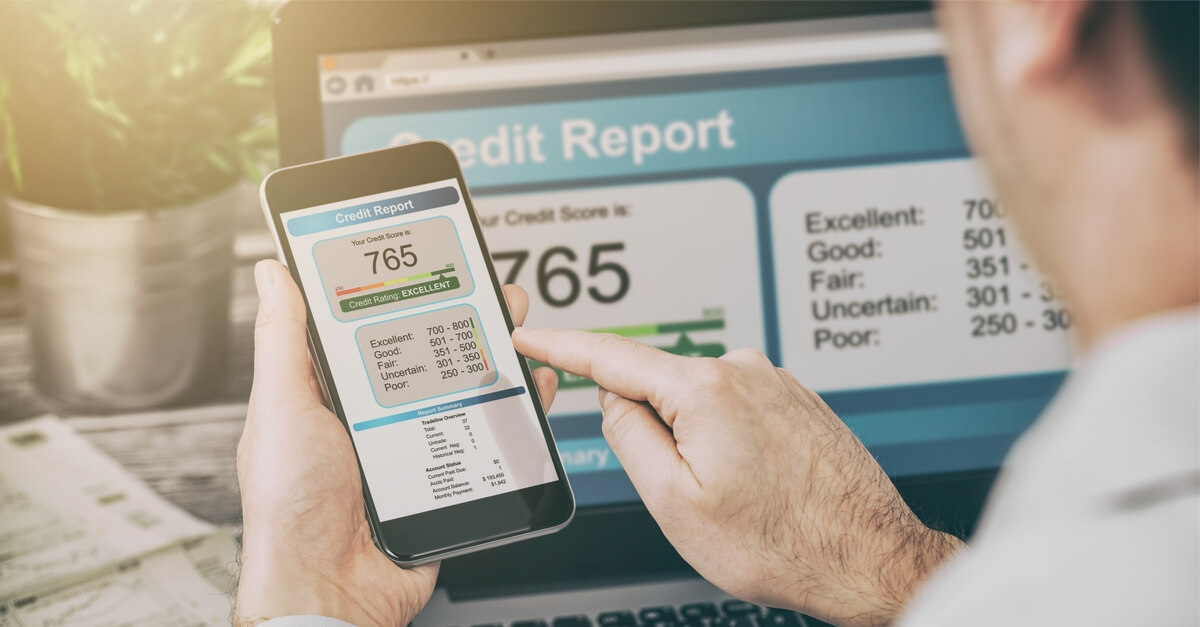Whether you are considering buying a home, financing a car, or opening a credit card account, your credit score will be a factor in the interest rate that you are quoted. Every day we see advertising and offers about how to obtain a credit report and monitor our credit. Do you know how often you should review your credit report? Is paid credit report monitoring worth the expense?
How your credit history impacts your credit score
If you have ever applied for a loan (home, auto, student, personal) or credit (credit card, line of credit) then you have a credit history. Your credit score represents the sum of your actions. Have you made all your payments on time and in full? If so, this will be reflected in your score. However, if you submit payments after the due date or if you fail to pay a loan or line of credit, your score will be affected.
There are three major credit reporting bureaus (Equifax, Experian, and TransUnion) that keep track of your credit performance. These three bureaus review your credit history and assign you a number, or score. Lenders also review this score and use it as part of its criteria to evaluate credit risk. Upon determining your credit worthiness, they will offer you an interest rate based on your score, among other determining factors, such as debt-to-income ratio and your down payment amount.
What is a “good” credit score?
Your credit score is a number that ranges between 850 and 300, with a score of 850 reflecting perfect credit. Lower scores equal greater risk to the lender loaning the money. Each lender is responsible for determining risk and a low credit score can have an impact on your ability to qualify for a loan. Most credit programs have a minimum credit score that are acceptable.
Obtaining your credit reports
Every year you can receive a free copy of your credit report with the listing of your score from all three bureaus. This is a requirement of the Fair Credit Reporting Act (FCRA). www.annualcreditreport.com is the source for your free credit reports. If Equifax, Experian, and TransUnion all use the same information, the scores will be very similar. If you find a large variance, you’ll want to review the cause. If the report contains errors, you’ll want to address the errors with the lender. This is typically referred to as a credit dispute. You may have to petition the bureau to update the information.
Your credit score will change over time as your credit history lengthens. You will want to be careful about making too many inquiries into your credit, as these requests may lower your credit score.
Overcoming a “poor” credit
To make sure you keep your credit in good standing, make certain that you are paying all of your bills on time and in full. Keep an eye on all your accounts and lines of credit to make sure you aren’t accruing any hidden fees.
Should your score move lower for any reason, you can repair it over time, but it can be a slow process. You can begin to make progress by making all your payments on time and in full. Reducing your current debt is another way to improve your credit score. Stay away from buying on credit whenever possible and make a clear budget outlining how much you can afford to spend each paycheck. Begin by paying off the loans with the highest interest rate first.
Good credit is a key factor in buying a new home, car, or receiving credit. For more information about your score and how it will affect your qualification for mortgage loan, contact a qualified loan officer to look at your personal credit picture.




